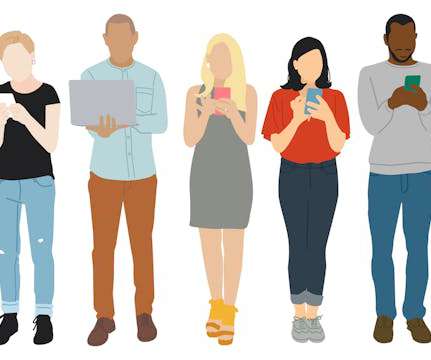Big Jump in Use of Games, Videos in K-12 Schools, Survey Finds
Marketplace K-12
MAY 18, 2016
In 2015, 47 percent of K-12 teachers and almost two-thirds of K-5 teachers reported using game-based learning environments in their classes, up from 23 percent of K-12 teachers in 2010. T he 2015 Speak Up survey findings are the latest in a series of reports released each year by the Irvine, Calif. .














Let's personalize your content